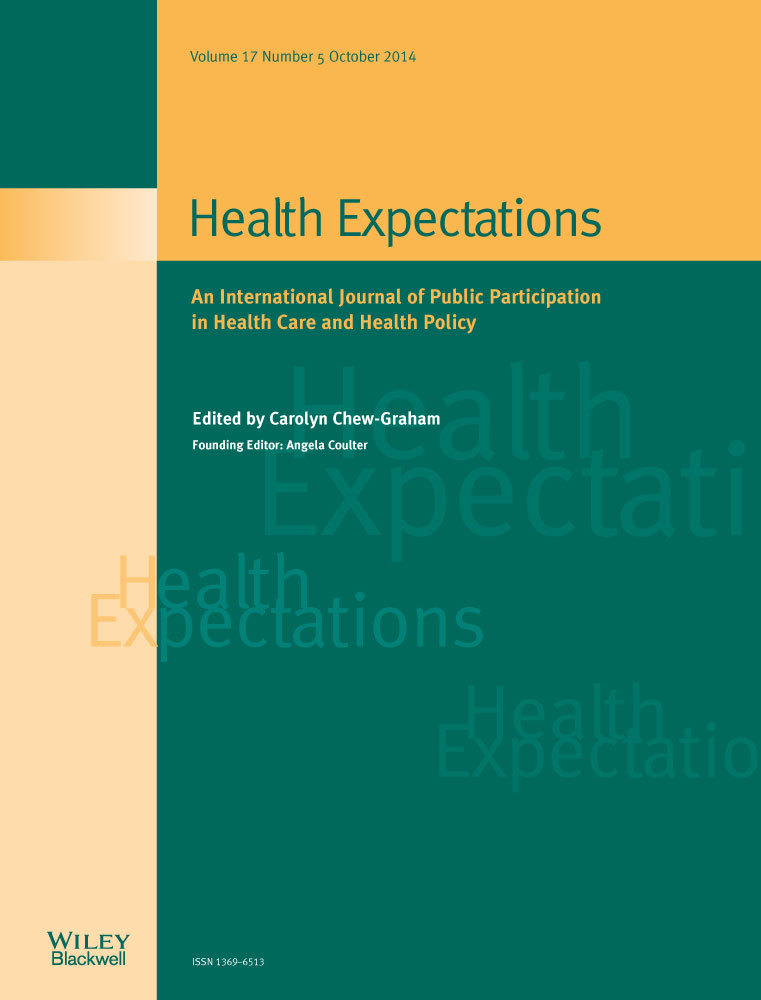Patient participation in the discussions of options in Spanish primary care consultations
Abstract
Objectives
To determine patients' participation in the discussion of options in primary care consultations. Identify the patients' wish to participate and their perceptions of their participation and explore the potential factors that may influence these.
Design
Cross-sectional study. Setting. Ninety-seven general practices. Participants. six hundred and fifty-eight patients who went to their doctors for unselected reasons. Measurements. All the encounters were videoed, patient participation in decision making (DM) was assessed with two tools. After the consultation, GPs completed a questionnaire about biomedical and relational information. Patients' preferences and perception of participation was explored with different type of questions.
Results
Encounters successfully videoed: 638. Of these, only 90 interviews clearly showed patient participation. In 161 other interviews, patient participation was considered possible. Questionnaires collected: 645. In 60% of the situations (390 encounters), patients wished they could have stated their views about the proposed option(s), but they perceived this did not happen. The degree of participation at the consultation did not relate significantly with the physician's ideas about the type of problem, evolution and treatment. Neither did any of the considered variables influence either the patients' wish to participate in the discussion of the suggested option or their perception of this.
Conclusions
GPs ask patients for their opinion and promote discussion about the suggested plan in few encounters. Patients perceive this, including many patients that previously had declared not to be interested in being involved in decisions. These results revealed an important mismatch between what patients wish and what they perceive.




